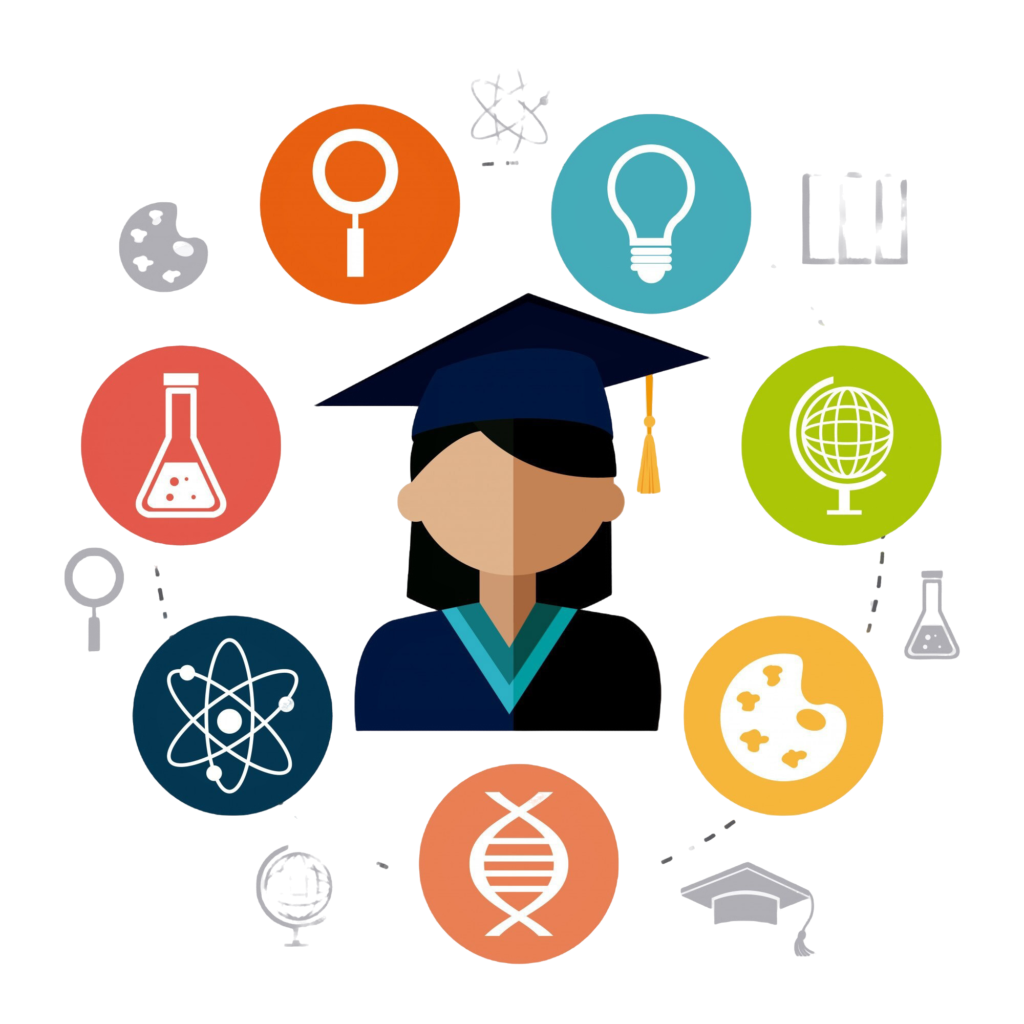
Introduction
In today’s fast-paced educational landscape, achieving academic success requires more than traditional methods. Artificial Intelligence (AI) emerges as a powerful ally, revolutionizing how students and educators approach learning. This blog explores how AI-powered tools are reshaping academic achievement through personalization, proactive support, and innovative learning strategies.
Personalized Learning Paths: Tailored to Individual Needs
One of AI’s most transformative features is its ability to create personalized learning experiences. By analyzing a student’s performance data, AI can identify strengths and weaknesses and adjust teaching methods accordingly. Adaptive learning platforms curate content based on individual progress, ensuring no student is left behind.
For instance, AI-driven tools like Khan Academy adjust difficulty levels dynamically, offering extra exercises on weak topics or skipping mastered sections, allowing students to learn at their own pace effectively.
Real-Time Feedback and Insights
AI enables immediate analysis of assignments, quizzes, and participation trends, offering insights that both students and educators can leverage. Students receive instant feedback, while teachers gain a better understanding of class-wide performance.
Such tools empower educators to create data-driven strategies, such as additional tutorials or customized assignments. Early identification of academic struggles ensures students receive help before their grades suffer.
Gamification: Learning That Engages
Gamification incorporates game elements like points, leaderboards, and rewards to make learning more engaging. AI enhances gamification by personalizing these elements to suit individual preferences and progress.
For example, platforms like Quizizz use AI to create customized quizzes that adapt to a learner’s needs while keeping them entertained. This approach fosters a sense of accomplishment and makes learning enjoyable.
AI-Facilitated Collaboration
Group projects and collaborative learning become more efficient with AI tools. Virtual collaboration platforms recommend study partners based on shared academic goals, making teamwork productive and meaningful.
AI tools can also monitor group dynamics, ensuring equitable participation and suggesting interventions when needed. This fosters accountability and improves communication among team members.
Inclusive Learning with AI Assistants
AI tools such as voice assistants and visual recognition applications cater to diverse learning needs. Microsoft Immersive Reader and Google Lens, for instance, simplify complex topics through interactive explanations and visual aids. This inclusivity ensures that students with varied learning styles or language barriers can fully engage with their studies.
Proactive Interventions
AI’s predictive capabilities identify patterns that indicate potential academic struggles. By flagging these issues early, educators can implement targeted interventions, such as tutoring or alternative learning materials.
This proactive approach minimizes dropout rates and keeps students motivated to achieve their academic goals.
Conclusion
AI-powered tools are transforming education, ensuring that academic success is within reach for every student. By offering tailored learning, instant feedback, and inclusive resources, AI fosters an environment where both educators and learners thrive. Embracing these tools paves the way for a more effective and fulfilling educational experience.
#AcademicSuccess #AIInEducation #EdTechInnovation #PersonalizedLearning #Gamification #StudentEngagement #FutureOfEducation #kaurexltd
